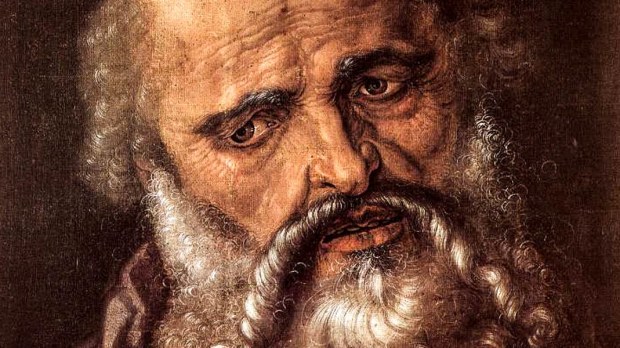Typically when many people think of celebrating the Christmas season they imagine enjoying delicious, delectable Christmas cookies and tantalizing deserts. However, that’s not what the ancient Christians (and many modern-day Eastern Christians) thought. In fact, their mindset was exactly the opposite.
Beginning in the 8th century, Eastern Christians doubled-down on their preparations for Christmas. They firmly believed in the ancient maxim, “fast before you feast,” and followed Christ’s example of fasting for 40 days in the desert before he began his public ministry. To properly prepare for the glorious celebration of Christmas on December 25, they fasted for 40 days, beginning November 15 and ending on Christmas Eve. Unlike the current observation of Lent in the West (in which Sundays are exempted from fasting) the Eastern fast includes Sundays. It is also called “Philip’s Fast” as it begins after the feast of St. Philip the Apostle in the Byzantine calendar.
Fasting guidelines
The fast is quite rigorous and consists of two primary periods. According to one of the Orthodox churches, “The first period is November 15 through December 19, when the traditional fasting discipline (no meat, dairy, fish, wine, and oil) is observed. There is dispensation given for wine and oil on Tuesdays and Thursdays. Similarly, fish, wine, and oil are permitted on Saturdays and Sundays. The second period is December 20 through 24, when the traditional fasting discipline (no meat, dairy, fish, wine, and oil) is observed. There is dispensation given for wine and oil only on Saturday and Sunday during this period.” As a note, the rules of fasting tend to differ according to each particular church.
The purpose of this fast is to create an interior attitude of prayer, united to God and divorced from material things. Denying certain bodily pleasures has always been viewed as a key to self-mastery and self-discipline even in a secular context. The goal of this fast is to make more room for God in a person’s life.
The pre-Christmas fasting is also designed to be accompanied by prayer and charitable works, and is never meant to do harm to one’s body.
In the end, it is one way to approach Christmas that puts an emphasis on preparing one’s heart to receive Jesus as the greatest gift of all.

Read more:
Byzantine monk and nun debut cooking show on balanced life of feasting and fasting

Read more:
How fasting monks in the Middle Ages gave us the chickens we have today

